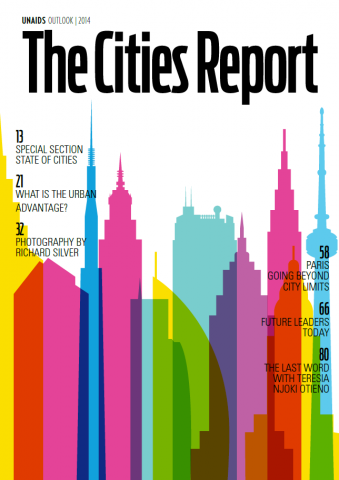Guidance for Profiling Urban Displacement Situations

The dynamics of urban settings makes profiling a complicated exercise. How to locate displaced households dispersed across vast metropolises, when they might not want to be found? How – and whether – to distinguish forcibly displaced people from other migrants and urban poor living in similar situations? How to address the political dynamics of the city in a collaborative profiling process?
Based on experience from multiple JIPS (Joint IDP Profiling Service) exercises, the Guidance for Profiling Urban Displacement Situations addresses some of these challenges. It highlights the logistical, methodological, political, and securitychallenges that confront face practitioners planning profiling exercises in urban settings, and proposes solutions and best practices to overcome them.
This publication is not intended to provide a detailed step-by-step guidance, but rather to complement the existing step-by-step approachfound in the PARK Companion.
Building on the experience of JIPS and the Feinstein International Centre (FIC – Tufts University), the Guidance aims to be a helpful reference for practitioners around the globe. JIPS and FIC have worked with government, humanitarian and development partners to conduct profiling exercises in several urban displacement situations. Most recently in Delhi and Quito, UNHCR led profiling exercises alongside FIC and JIPS. We draw on these case studies throughout the Guidance.
Online home for the Guide
http://joint-idp-profiling-service.org/en/news/latest-news/guidance-for-profiling-urban-displacement-situations
